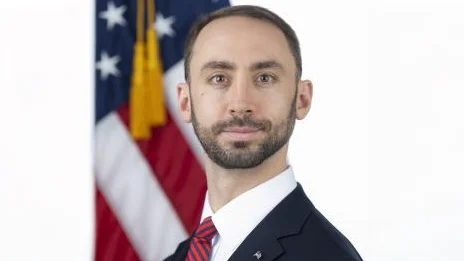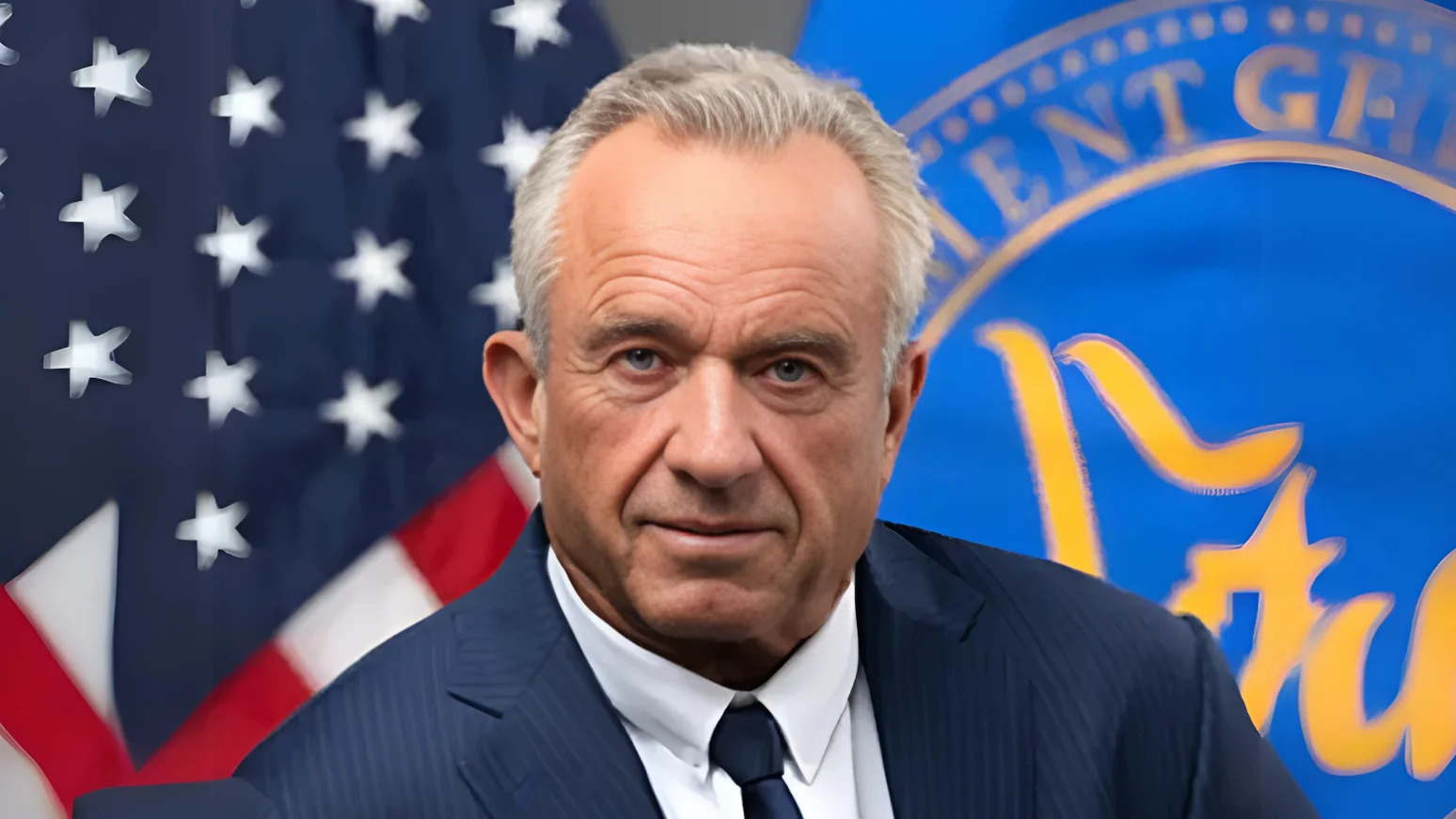The U.S. Department of Health and Human Services (HHS), through the Administration for Children and Families (ACF), has announced that more than $61 million in supplemental nutrition funding will be distributed to over 290 Head Start programs across the country. The initiative is expected to support nutrition services, encourage healthy eating habits, and increase access to nutrient-rich foods for more than 100,000 children and families.
“When children have access to fresh, nutritious food, we don’t just feed them for a day — we set them on a path to lifelong health,” said HHS Secretary Robert F. Kennedy, Jr. “By putting nutrition at the center of health, we are restoring trust in our public health system and delivering on our promise to Make America Healthy Again.”
The new funding aims to strengthen Head Start programs’ ability to improve health outcomes for young children and their families. In Michigan, one program will use $2,000 for interactive family education workshops about nutrition. In Puerto Rico, a $3.4 million grant will fund kitchen renovations and develop new farm-to-table partnerships. In Florida, $138,600 will go toward creating a hydroponic garden and raised beds so toddlers can participate in agricultural and nutritional learning activities.

Andrew Gradison, Assistant Secretary, Administration for Children and Families (ACF)
| Official Website
“This investment marks a sea change to prioritize prevention over treatment by nourishing the minds and bodies of young children – tackling chronic disease at its roots and restoring the health of our nation’s most vulnerable,” said ACF Acting Assistant Secretary Andrew Gradison.
Analysis of how centers plan to use the funds shows that half will go toward materials, supplies, and equipment such as gardens or gardening supplies intended for farm-to-table initiatives, cooking demonstration kits, and commercial-grade appliances. Another quarter will be spent on food service upgrades like modernizing kitchen facilities for preparing fresh foods onsite, establishing breastfeeding spaces, and buying locally sourced nutritious foods. The remaining quarter is designated for nutrition education through family workshops, staff training on best practices in nutrition, and consulting with dieticians or nutritionists.
“The response to this nutrition funding opportunity was tremendous, demonstrating the deep commitment Head Start programs have to children's health and wellbeing,” said Dr. Laurie Todd-Smith, Deputy Assistant Secretary for Early Childhood Development. “The early years are the most powerful window to shape lifelong habits, and this funding allows us to Make America Health Again when it matters the most: during the foundational years of child development.”
This supplemental funding supports HHS's recently published MAHA strategy focused on childhood nutrition challenges and healthy development. Selected Head Start programs are expected to implement these initiatives over the next year with anticipated long-term benefits for participating families and communities.
A complete list of grant recipients can be found at Supplemental Funds for Head Start Nutrition Programming | The Administration for Children and Families.





